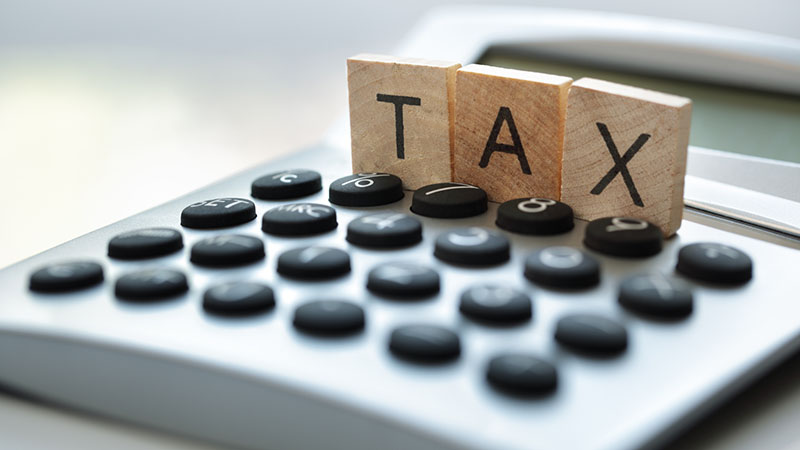
This content is for information and inspiration purposes only. It should not be taken as financial or investment advice. To receive personalised, regulated financial advice please consult us here at Elmfield Financial Planning in Padiham, Burnley, Lancashire.
Self-employed people, contractors and freelancers deserve a lot of respect. They are seeking to build wealth and a future for themselves through their business, often without the security of an employed role. Sadly, many of these people have been especially hard-hit by the pandemic in 2020-21, receiving less UK government support (e.g. due to having insufficient tax history) and struggling with as much as 30% lower earnings. It is a relief to many, therefore, that HMRC allowed people in January 2021 to file their tax returns late due to COVID-19 (although fines on late tax payments still apply).
Given the uncertainty of the year ahead as the UK continues to roll out its vaccines and recover from the economic downturn, how can self-employed people ensure a healthy level of income via their business? Having a strong business plan is a given. Yet it also helps hugely to ensure you are not paying more tax than is necessary. In this article, our financial planners here at Elmfield in Padiham, Burnley, Lancashire offer some ideas in this respect for self-employed people in 2021. We hope you find this content useful. If you’d like to speak to an independent financial adviser then you can reach us via:
T: 01282 772938
E: info@elmfieldfp.co.uk
Falling revenue and excessive tax hits
One of the big challenges faced by self-employed people in 2020-21 has been the automatic system used by HMRC to calculate their tax. As mentioned above, in 2020 many of these businesses lost significant revenue due to COVID-19 and successive lockdowns. However, this system does not account for this kind of scenario – which has led many to overpay in tax.
This occurs due to the “payment on account” system, where advanced tax payments for a self-employed person are calculated based on previous tax years. Any significant falls which happen across a given year are not taken into account. On the 31st January 2021, the first of these advanced payments were due. Whilst HMRC does allow self-employed people to lower their payment (on account bills) in the event of significant earnings loss, this mechanism is not universally known. Indeed, more than 33% of self-employed people are unaware it exists.
Fortunately, HMRC has stated that it will eventually reimburse anyone who overpays in this way. Yet many self-employed people are likely to struggle financially until this arrives, and would be in a better position now had they not overpaid in the first place. In 2021, therefore, make sure you go through your earnings and tax carefully with a qualified professional. It may be that you are due a refund from the government, in due time.
Other tax-saving & money-saving tips in 2021
Even setting aside for a moment the unique challenges posed to self-employed people by the pandemic, there are plenty of ways to improve your financial position through money planning and tax optimisation – even in “ordinary” times. Here are some ideas to consider as we move deeper into 2021:
- Thoroughly review which expenses you can claim for. The chances are you are not claiming your full expenses, which could amount to hundreds or thousands lost to tax each financial year. There’s a great list here which you can check here including areas such as phone/internet bills, printing and computer software.
- Handle credit cards with care. One of the biggest financial burdens on households (and self-employed people) is crippling personal debt, with APRs (annual percentage rates) that can exceed 20%. Avoiding these – if at all possible – will be a good way to stabilise your revenues in the months ahead. If you need to use debt at all, consider 0% options and ensure you have a strong plan for repayment within the time-limited window.
- Review phone & internet plans. With more and more self-employed people working from home during lockdown, a strong network is essential. Yet that does not mean you should overpay for the services you need. Consider reviewing the package you’re on and check the marketplace to see if money could be saved by switching.
- Leverage your pension. Saving into a pension (e.g. a Self-Invested Personal Pension) is especially important for you to consider, since there is no workplace pension which will automatically enroll you. This helps you save towards your future retirement, but it can also be a powerful way to mitigate tax in the shorter term. For instance, if your profits put you in the Higher Rate income tax bracket, could you afford to put any of the earnings into your pension? The tax relief you receive means that the money you would have otherwise been paid in tax eventually goes back into your pocket, in retirement.
- Make sure insurance is updated. At the very least you are legally required to have public liability insurance as a business owner. Yet there are other important policies to consider too, which could provide a vital financial lifeline in the event of sudden disaster. Here, a financial planner can point out areas of vulnerability in your business financial plan and suggest meaningful solutions which provide appropriate cover. Whilst this does present an extra monthly expense, a payout could save your business in the future.
Invitation
If you are interested in starting a conversation about your own financial plan or investments, then we’d love to hear from you. Please contact us to arrange a free, no-commitment consultation with a member of our team here at Elmfield Financial Planning in Padiham, Burnley, Lancashire.
Reach us via:
T: 01282 772938
E: info@elmfieldfp.co.uk

